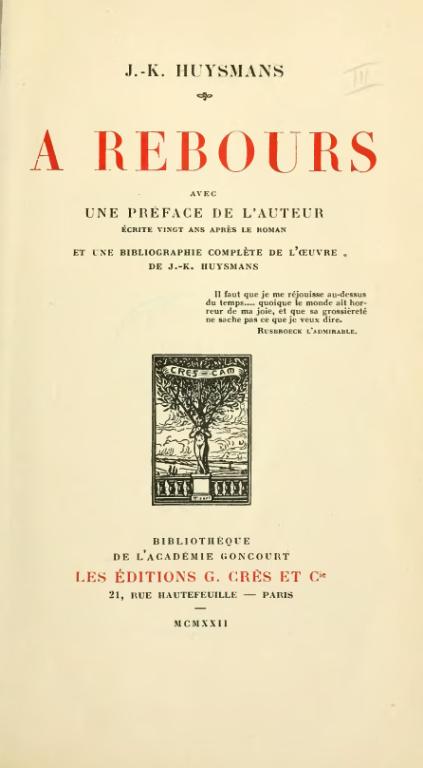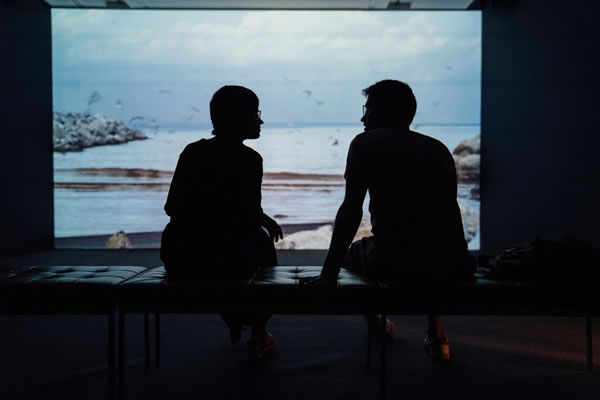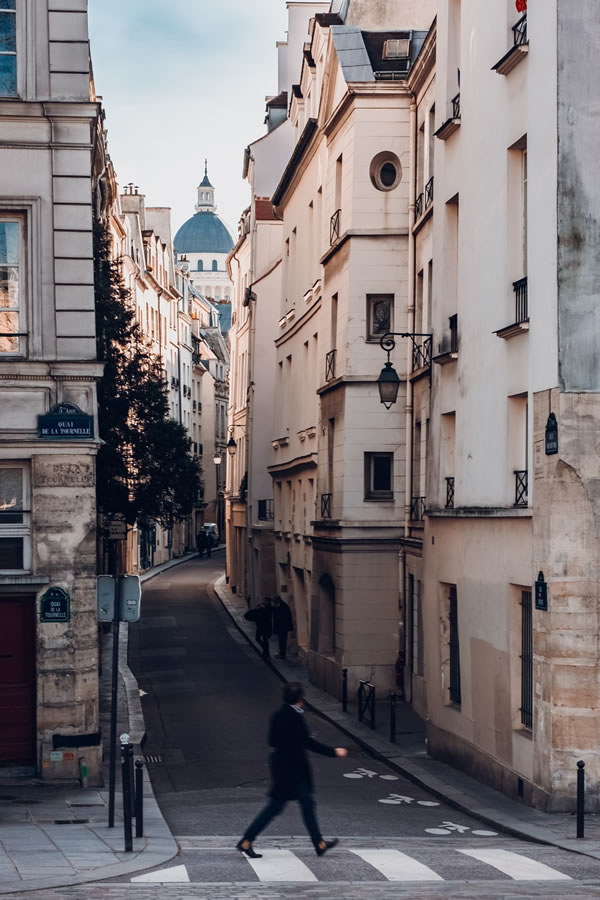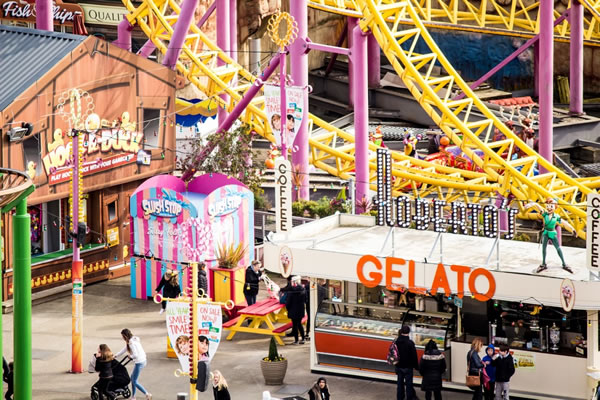
Anticipation is a valuable emotion. It can allow us to gain pleasure from something in the near future, before the event even occurs. We can anticipate an exciting new job, a night at the theatre, a well-earned holiday after a hectic quarter. Anticipation is delicious and exciting, and unlike happiness or fulfilment, it’s a quick and easy one to generate. You need do nothing more than think of something you’re looking forward to.
The results of an oft-quoted Dutch research project into the benefits of anticipation, show that the pleasure derived from anticipating something enjoyable, is often equal to or greater than the pleasure derived from the event itself. This is because we’re inventing and idealising the future. Our dream future holiday doesn’t have any litter on the beach, or overly persistent sellers in the market. We can stroll in a beatific haze through empty landmarks and enjoy dining at any quaint seaside beach shack without gastrointestinal distress. LP Hartley famously wrote, ‘the past is a foreign country; they do things differently there’. If the past is a foreign country, the future is a whole other planet.
This anticipatory period can be enhanced by planning everything well in advance. You can derive hours of pleasure by looking through suggestions from your travel advisor. Weighing up the benefits of one hotel versus the other. Trying to think of whether you’d like to plan your daily massage for 3pm or 4:30pm. Cruising through pages of TripAdvisor comments to find the most charming little restaurants in the area.
With a longer anticipatory period, you can involve so many more people in the planning process. Perhaps you’ve always wanted to play a game of tennis with Rafa Nadal. With months to plan and anticipate the event, you’ve got plenty of time for the necessary negotiations and communications to be made, with an even greater reward waiting for you at the end. Even if the star turns out to be a bit arrogant and unpleasant in person, you still gained so much enjoyment from the planning. You can reach out to a plethora of travel agents, tour operators, concierge services and special interest tour operators who will all give you a different perspective as you flesh out the details of your dream escape.
Having something to look forward to gets us through the tougher times. Despite all the cries to ‘live in the present’, it’s actually beneficial to have something to live for in the future. We can always find the motivation and persistence to tackle any challenge when we know there’s a treat waiting for us at the end.
Interestingly, in a study published this year in the journal eNeuro, it was found that when gambling addicts were asked to think about a positive future experience – such as an upcoming holiday – they were better able to curb their impulses and choose long-term gratification over short-term gratification. The study illustrated how anticipating a pleasurable future situation can help humans to work through an unpleasant present situation. By giving us something positive to “look forward to” in the future, we can build up the discipline and motivation to tolerate temporary pain or frustration.
So, from this study we can see that by planning travel further in advance, we become more mentally prepared to tolerate difficult situations. Perhaps the difficult situation is the reason you felt you needed a holiday in the first place, which begs the question, do you actually need to go on the holiday to reap the benefits of planning it? Is anticipating travel, and the mental boost it gives you to get through the tough times, enough to make us happy and relaxed, without the inconvenience of actually going anywhere?
In Alain de Botton’s book, ‘The Art of Travel’, he references the protagonist Duc des Esseintes from J.K Huysman’s novel, À Rebours. The Duc is a wealthy, decadent French nobleman who loves imagining voyages to foreign lands. He becomes enamoured with the finesse of Dutch painting but is disappointed on arriving in Holland that the idyllic images he saw, were not reflected in true life. Later, after reading a Charles Dickens novel, he plans to travel to London. While still in Paris he buys a guidebook, visits an English bar and then a tavern, and heads to the train station. Before leaving Paris however, he quickly decides that he would rather not deal with the discomfort of travelling all that way for potentially another disappointment, so he heads back home. He never leaves his estate again but continues to daydream about his idyllic travels. He spends his days surrounding himself with trinkets, souvenirs and travel memorabilia such as ship schedules and train timetables, and is content with the anticipation, rather than the reality of going abroad.
Des Esseintes’ disappointment reflects the gap between people’s expectations of travel and its reality, as well as the seeming purity of foreign cultures in art and the imagination. Des Esseintes concluded, in Huysmans’s words, that “the imagination could provide a more-than-adequate substitute for the vulgar reality of actual experience.” The actual experience of travel is often diluted by the realisation that what we have come to see, could have been seen anywhere else. For example, you may be familiar with the disappointment of driving hours to see a much-lauded temple, waterfall or market which falls short of temples, waterfalls and markets you’ve already seen. While travelling we also have the ever-present anxiety that we only have a limited amount of time to derive the enjoyment, as we will shortly need to pack our bags, check out, and fly home. Our appreciation of aesthetic elements lies at the mercy of perplexing physical and psychological demands.
So, in the attempt to keep pushing the boundaries of what travel means, and what it is for, we must discuss the possibility that actually travel is not essential at all. The essential part may just be the anticipation, and perhaps by simply planning a holiday we can become happier and more content than if we embarked on the trip itself. Perhaps the new era of travel, is not travelling in the first place.
What do you think?




